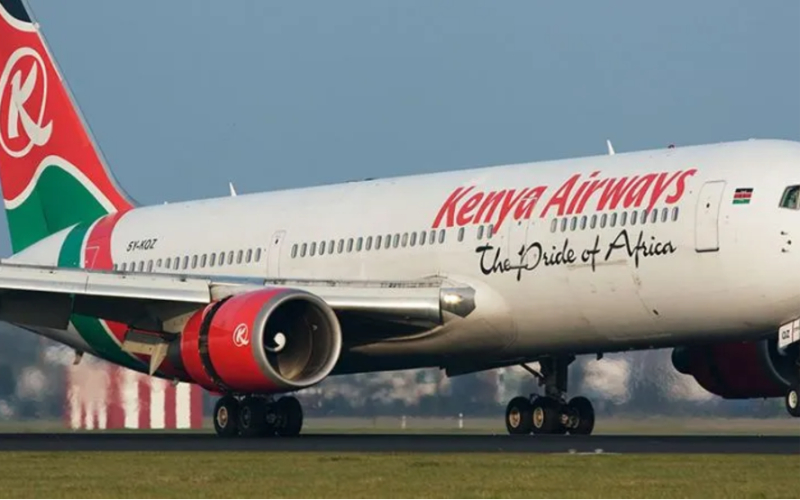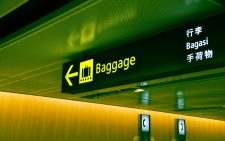How Kenya Airways scuttled deal to shore up air travel numbers

Kenya Airways rejected a deal to partner with Ethiopian Airlines (ET) last year that would have allowed the two carriers to enter an infrastructure and codesharing agreement in an effort to shore up air travel numbers.
The Ethiopian Airline, which has been bullish in expansion and partnership to West Africa, was seeking to complete the deal with Nairobi by this year but Kenya Airways became non-committal on the matter as it instead concentrated on a joint collaboration with South Africa Airways (SAA).
Through the plan, the profitable ET would have also doubled its daily flights to the pre-Covid figures of four trips split between Nairobi and Mombasa. Both KQ and ET currently have two flights to the opposite sides but the latter is pushing for more flying rights.
“In principle we agreed, but there is no development. I don’t know what the CEO (KQ) has in his mind. I thought he would come here and we would have a chance to talk. So, it would be good if areas of cooperation come from them. Code sharing can be part of that,” Ethiopian Airlines CEO Mesfin Bekele told Business Hub on the sidelines of the ongoing African Airlines Association (AFRAA) 11th convention in Ethiopia.
AFRAA is lobbying airlines in Africa to engage in collaboration and scrap unnecessary tariff barriers that is crucial to opening the skies and eventually aide the formation of the African Airline Group.
This, according to AFRAA, could give Africa hope to compete with the financially-muscled European airlines.
“We want to fly more, but now they (Kenya) are not allowing us to fly more than two. We are targeting four. That is what we were doing before Covid. But so far, we haven’t reached an agreement to increase it. We talked to the government (of Kenya),” adds Bekele.
Domestic tuff The rejection by KQ, however, seems to be fears that entry of more ET flights would disadvantage it further in its own domestic tuff considering that KQ is still financially constrained, has slashed its fleets, and is one of the most expensive airlines in East Africa.
During investors briefing last month, KQ Chief executive Allan Kilavuka said that to consolidate the perceived fragmented African aviation market, it would only bring the “likeminded airlines that will help connect more people,” to join the Pan-African airline dream.
Putting ET on the wait adds to the deals that KQ has so far shelved temporarily as tries to change its loss-making trajectory and rebuild its dominance without taking the risky affair of clinging to close rivals by region.












